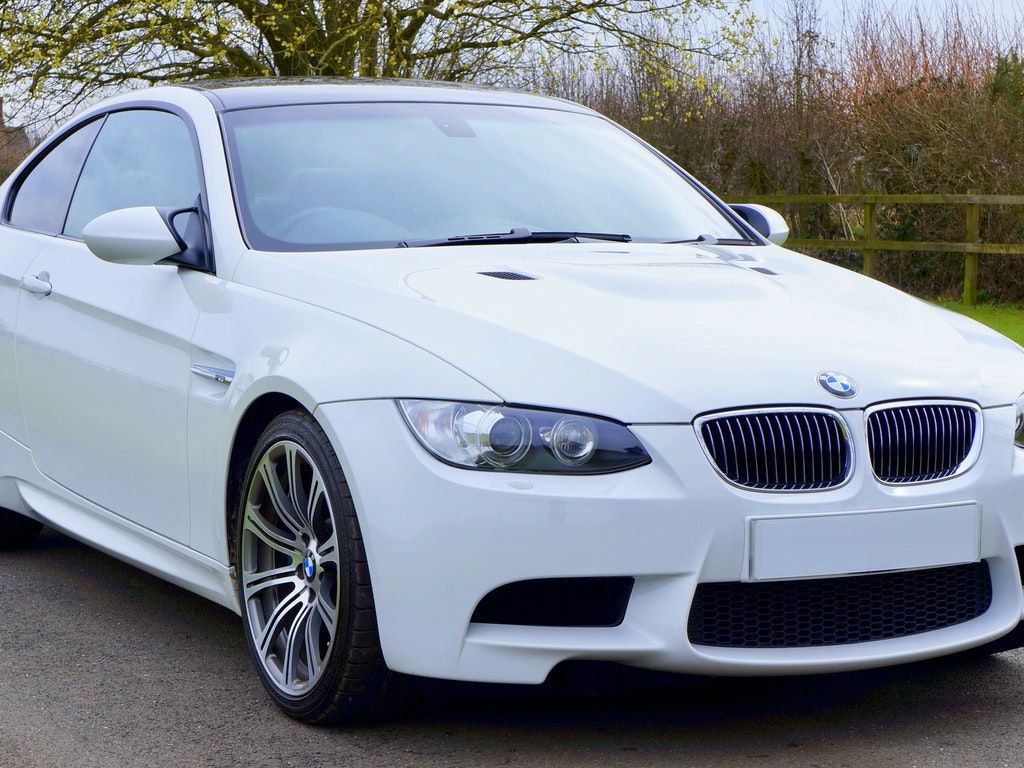
You’ve got a lot of options when it comes to financing the purchase of a vehicle. There are many types of car loans, each with advantages and disadvantages. Understanding your options is essential to decide which kind of loan will work best for your financial situation.
Use the information below to decide which kind of car loan best suits your financial situation.
Secured Car Loan
Secured car loans are the most popular auto loan for both new and used cars. A lien secures the loan on the vehicle, and the title cannot be transferred until the lien has been satisfied or paid off. If you fail to make timely payments, the lender may repossess and sell the vehicle to recover the loan balance.
– Traditional car loans
Traditional car loans are the type of loans banks and credit unions will offer you. These loans have the best APR rates and terms. People with excellent credit get the best interest rates. Traditional auto loans are available for both new and used vehicles.
– Balloon loans
Balloon car loans have relatively low payments for the initial loan years, followed by a large final payment that is often in the thousands or even tens of thousands of dollars. When the loan ‘balloons,’ you can make a large final payment, trade in the car for another, or sell it and pay off the loan.
– Business and fleet car loans
Businesses use commercial-level financing to purchase cars and trucks because the vehicles may not qualify for traditional car loans. Commercial truck financing, small business car loans, and commercial fleet financing are options for financing business or fleet vehicles.
Unsecured Car Loans
This type of car loan may appeal if you purchase a low-priced car that falls below the minimum for traditional bank loans. If you’re buying an old car or a collector car that doesn’t qualify for secured financing, an unsecured loan may be an option.
Simple Interest Loans
A simple interest loan calculates your monthly payment based on the interest rate, the loan balance, and the daily interest accumulated since the last payment. It’s the most popular car loan in use currently. With a simple interest loan, you can make extra payments on top of your regular monthly payment to pay off the debt faster and prevent excess interest charges.
Precomputed Interest Loans
A pre-computed interest loan calculates and divides the loan balance, origination fees, and interest at the start of the loan term. Borrowers benefit from a fixed monthly payment, fixed interest rate, and strict payment schedule with this loan.
Direct Financing
With direct financing, all communication is handled directly between the lender and the borrower. You can obtain direct funding from a bank, credit union, or online lender. Before going to a car dealership, you should apply directly to lenders to secure financing. Your credit score and payment history will determine your interest rate.
Indirect Financing
A common type of indirect financing is dealer-arranged financing. Your application can be routed through the dealer’s finance department to some of the same lenders you can approach directly. The dealer will also forward your application to its captive finance company. However, be aware that lenders could raise customers’ APRs and keep the difference between the rate you accept and the rate you qualify for. The dealer may not always present you with the best offer for your budget.
Special Types of Car Loans
– Military car loans
Both direct and indirect lenders offer special car loans to active-duty and retired service members. The Navy Federal Credit Union and PenFed Credit Unions are two credit unions that cater to military members and offer car loans. Furthermore, the Servicemembers Civil Relief Act protects military personnel forced to break a lease on a car due to a permanent change of station.
– Buy-here-pay-here loans
People with poor credit who cannot obtain other types of car loans typically use these loans. Interest rates are typically higher than average, and vehicles may be of lower quality. The risk of repossession on these loans is significantly higher.




